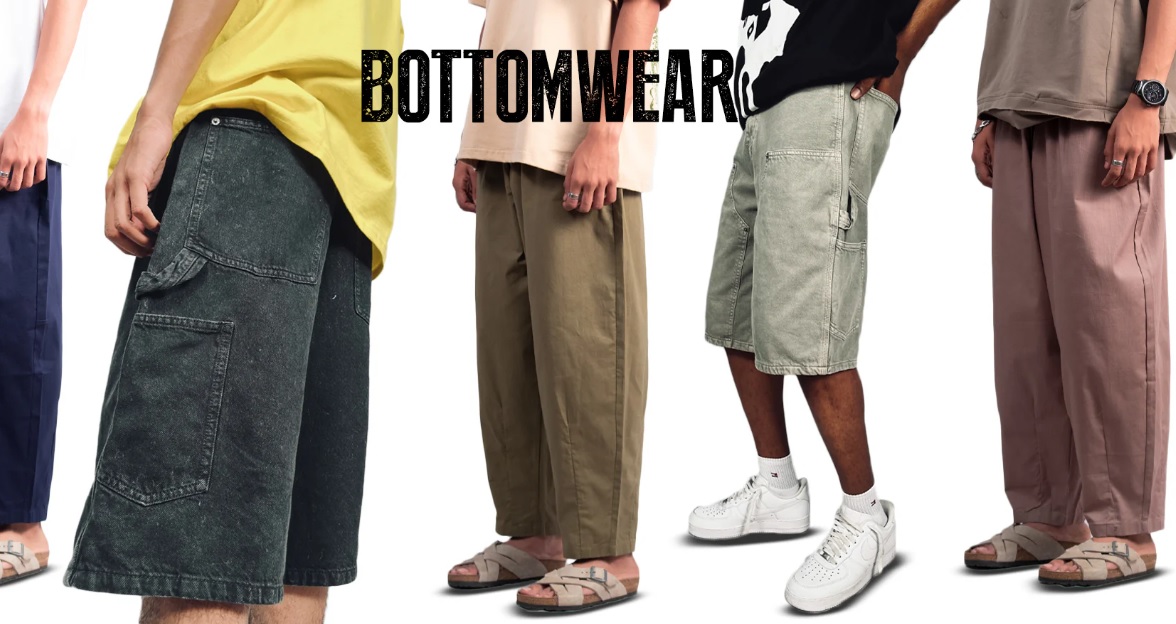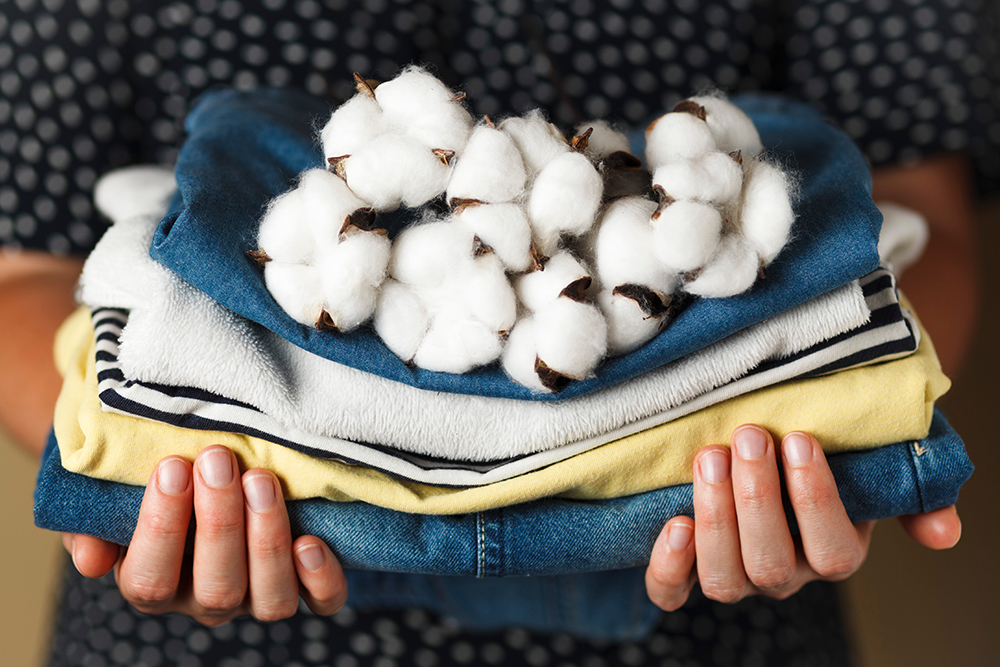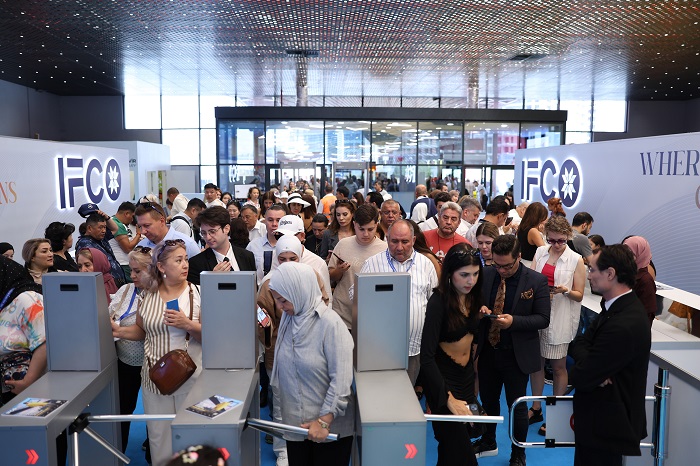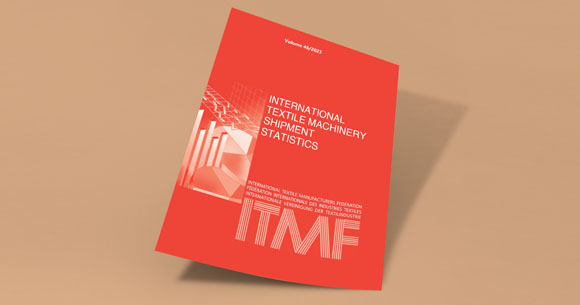FW
Pakistan’s textile exports to the European Union increased by 18 per cent this fiscal year but exports to the rest of the world registered negative growth of 3.5 per cent. Acute energy shortage has badly hindered Pakistan’s exports growth. A large number of textile units have shut operations due to energy constraints. Textile exporters say they will not be able to get complete benefit from duty-free access to the European Union unless the government takes serious measures to ensure a regular supply of gas and electricity to run the manufacturing units and resolve the energy shortage.
The government has been urged to redesign and bring consistency in policies on taxes, reverse the declining trend of investment in the textile sector, bring interest rates down and release the liquidity on drawbacks and refunds. With better access to the EU market, Pakistan is expected to add at least a $1 billion in textile exports every year and reach the $25 billion mark in five years.
Pakistan is due to come out with a textile policy. Manufacturers say it should encapsulate the entire textile spectrum, providing directions for financial and industrial facilities as well as removing hurdles and providing the necessary incentives to the value-added sector to enhance textile exports.
Weavers in Faisalabad, Pakistan, have threatened to close units after Id due to prolonged hours of power outages that have adversely affected their business. In Faisalabad, there are 2,50,000 power looms installed in 3,000 factories and 75,000 auto shuttle-less looms are installed in almost 1,000 factories. Thousands of families are linked with the weaving sector.
For a large part of the day, power looms in Faisalabad remain unproductive due to severe load shedding, which lasts up to 12 hours. Every day at least two or three units shut down to prevent heavy losses due to load shedding. Owners have to pay salary to their staff at a time when there is no production.
The electricity is available only six to eight hours a day, but the bill comes up to the cost of running the looms for 24 hours. As a result, several weavers have been forced to close their units. So industrialists are unable to use the exportable surplus for gaining the benefits of access to European markets under the GSP Plus facility.
Alternate sources of energy are very expensive and the use of generators pushes the input cost to Rs 35 per unit against the normal Rs 16 per unit.
Karl Mayer has opened a warp knitting factory in Ahmedabad. The factory will assemble creels, used most frequently for warp preparation in India. When successful, the capacity will gradually be expanded. The aim is to build other types of creel step-by-step for India and to obtain the necessary components, as far as possible, from domestic suppliers. To ensure the highest quality assembly work, experienced local service technicians were trained and are responsible for quality assurance, a strategy that has already proven to be successful in China.
If successful, the company can offer customers all the advantages of local production, meaning delivery times, customer specific solutions and favorable acquisition costs, without any of the tax disadvantages associated with imports. By the end of December 2014, the Karl Mayer Academy India will move from Surat to Ahmedabad. By concentrating service activities the company hopes to achieve synergies. In April 2015, and on a smaller scale, an open house event for Karl Mayer customers will follow. The company plans to present a warping machine, a wider MJ model, as well as some tricot machines.
India enjoyed a share of roughly 4 per cent of Karl Mayer’s proceeds in 2013. Roughly 80 per cent of all installed tricot and raschel machines in India derive from Karl Mayer.
www.karlmayer.com/
Pakistan has a plan to revive its sick textile units. Debt-restructuring facility will be offered to them. It’s estimated that if these closed units are made operational an additional one lakh workers will get jobs of which about 30,000 will be women. Pakistan hopes this will also help regain international customers who over the years have been importing from rival markets.
Moody’s International has upgraded Pakistan’s credit rating from negative to stable. It’s hoped this improvement in grading will persuade international importers to buy their products from Pakistan.
Revival of sick units is the top priority of the government in order to fully harvest the benefit of GSP Plus and to provide jobs to the unemployed. Revival of textile units in Faisalabad alone can help fetch a $1 billion in foreign exchange in addition to creating about 80,000 jobs. These units have spent billions of rupees on their infrastructure and machinery and are in a position to start operation as soon as the running finance is made available.
There is a plan to add value to Pakistani textile products. Activation of idle capacity in the value added textile sector is a major challenge for Pakistan. Right now Pakistan is only extracting about $5 dollars from one kg of cotton but the government is planning to get more than $15 dollars from a kg through value addition.
ITMA 2015 will be held from November 12 to 19, 2015 in Italy. ITMA is a textile and garment machinery exhibition and will cover 2,00,000 sq. mt. of space. Global textile and garment technology suppliers take part. ITMA's theme of sustainable innovation resonates with the world’s leading textile and garment makers, fashion and lifestyle brands and retailers.
European textile machinery manufacturers have a strong interest in ITMA. Several CEMATEX countries have increased the space booked for the 2015 show compared with the 2011 event, including Italy (up 30 per cent), Netherlands (up 20 per cent), France (up 13 per cent), Germany (up 4 per cent) and Sweden (up 2.5 per cent). The top five countries in terms of space booked are Italy (34 per cent), Germany (25 per cent), Turkey (7 per cent), Switzerland (7 per cent) and India (6 per cent).
The products exhibited will reflect sustainability, cutting-edge research and technological innovations. ITMA 2015 will feature a number of knowledge-sharing events. These include the World Textile Summit, a Nonwovens Forum and a Textile Colorant and Chemical Leaders Forum.
Held every four years in Europe, ITMA is considered the Olympics of textile machinery exhibitions. It’s organized by CEMATEX, the European Committee of Textile Machinery Manufacturers.
www.itma.com/
Bayer has launched INSQIN, a novel turnkey solution for a new generation of polyurethane (PU) coated fabrics. The launch marks a new chapter in the footwear and apparel sector, in which Bayer offers brand owners an integrated package of pure waterborne PU technology, material co-development and a certified manufacturer partner program for PU coated fabrics, fostering a new way of value chain collaboration.
Every year, around seven billion pairs of shoes, two billion bags and a billion garments are produced with PU leather and other PU coated fabrics. With pure waterborne PU technology and rich application expertise, Bayer inspires brand owners to explore new possibilities in the design and creation of PU coated fabrics with its INSQIN portfolio.
INSQIN presents a wide range of possibilities to enhance and transform fabrics which meet and even exceed the design requirements for the fashion industry and the performance requirements of the sports world, in applications as diverse as PU leather, functional fabrics or high-performance printing.
Bayer is one of the world's leading polymer producers. Bayer invented PU over 75 years ago and has a leading global status in textile coating applications. It has state-of-the-art pilot lines at dedicated lab spaces in China and Germany.
www.bayer.co.in/
Trade fairs Munich Fabric Start (September 2 to 4) and Blue Zone (September 2 to 3) will attract some 950 international fabric manufacturers from 35 countries. Blue Zone, the area for denim and sportswear, will host some 80 exhibitors with a strong line-up of leading denim brands. Among the exhibits are denim-related products like flats, corduroy, washed qualities, accessories, as well as the latest innovations for resource saving finishings.
Munich Fabric Start is Germany’s leading textile trade fair. It is a significant international trade fair for clothing fabrics, accessories and trims, ribbons, buttons and labels. The fair is held twice a year. It has various segments. Haute Sporture brings to the fore the various trends in textiles and colors in all their sporty elegance. Organic Selection deals exclusively with green fashion. There are various exhibition sections such as Collections, Additionals and the Asia Salon.
Munich Fabric Start will showcase the latest fabric innovations and trend topics for Autumn/Winter 2015-’16. The themes for the season are: Extra and Ordinary. It focuses primarily on the connection between the ordinary and the extraordinary. Classic matters are on the rise with slightly minimalist entries and in technical materials. Romantic themes are more dry and not as dreamy. High-tech influences are mixed with the pure and grounded.
www.munichfabricstart.com/
Europe has an association for sustainable textiles called MaxTex. It supports the interests of sustainable companies in textile production and services. The aim is towards sustainable manufacturing of textiles along the textile value chain. It is supporting its members to market sustainable textile products. It follows Corporate Social Responsibility not only as a moral obligation but also because of real economic reasons.
Enterprises at all levels along the textile value are induced to act responsibly and deliver eco-friendly products which will boost up the share of sustainable textile products in the market. MaxTex is a platform for companies to exchange information on developing, producing and offering sustainable lines for different segments of textile services, such as corporate and protection wear, work wear and personal protective clothing, and sectors like hotels, restaurants and catering and health care. <br/>
MaxTex connects eco-friendly and socially responsible companies who have already proven in real terms their dedication to these set requirements (certificates, memberships, management systems). The founders of MaxTex are textile and clothing companies as well as some fiber and yarn manufacturers.
MaxTex hopes to participate at events like Klima Expo, Texcare Forum and Heimtextil.
The International Federation of Knitting Technologists (IFKT) will be held in Turkey from September 25 to 26, 2014. IFKT 2014 will take place simultaneously with the International Congress on Healthcare and Medical Textiles. IFKT was founded in 1956. It aims to promote the interests of the knitting industry. It has national sections in Austria, Bulgaria, Croatia, Czech Republic, Germany, Hungary, Israel, Korea, Mongolia, Poland, Romania, Russia, Slovenia and Switzerland, Turkey and Ukraine.
IFKT is the center of interest for researchers from different knitting areas where they can discuss and share knowledge and also provide a platform for further conceptual development on all symposium topics. The conference will cover areas like new fibers and materials innovation in knitting technology and knitting machines, technical textiles, functional knitted materials, comfort and wellbeing simulation and modeling fashion in knitting and clothing, finishing treatments of the knitted fabrics, quality and testing in knitting marketing, and management in knitting education in knitting.
ifkt.ege.edu.tr/
The global carbon black market for textile fibers is expected to grow at a CAGR of 7.1 per cent from 2013 to 2019. The carbon black market for textile fibers has been bifurcated into four product segments: polyester, nylon, acrylic and others. Polyester is the largest product segment and accounted for over 55 per cent share of the global market in 2012. Based on end-users, the market is bifurcated into three segments: home textiles, apparels and others. The apparels segment is the most dominant product segment and accounted for around 54 per cent of the global market in 2012. The home textiles segment includes carpets and sheets. The others segment includes automotive and agricultural textiles.
Asia Pacific dominated the global demand for carbon black and accounted for 58.2 per cent of the global market in 2012. This trend is anticipated to continue during the forecast period. The decline in consumption of cotton has resulted in an increase in demand for synthetic fibers. This is one of the growth drivers for the carbon black market as carbon black is used mainly in the synthetic fibers industry. Other major factors driving demand for carbon black for textile fibers include high growth in the polyester fiber market.












